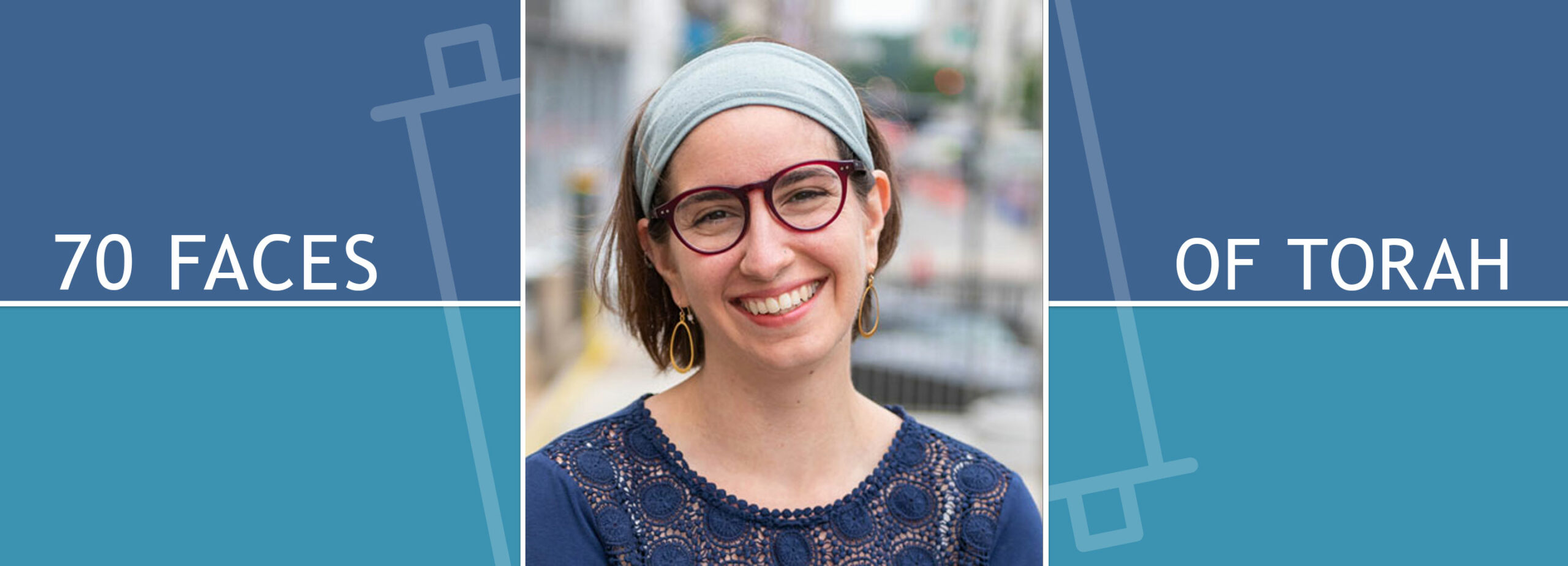Jewish learning Becoming Torah

A Drasha for Shavuot
As a rabbi and someone who genuinely loves learning Jewish text, I am fortunate to learn a lot of Torah. Over the last 15 years, my learning has taken me from the midrash of Israeli feminists to the hasidic writings of Kedushat Levi, from the stories of our ancient rabbis in the pages of Gemara to modern poetry on God and revelation. And, yet I wonder: To what extent has my learning made an impact on my actions? To be more precise, I am afraid that all of my learning has simply been an enjoyable and perhaps selfish intellectual exercise that has failed to transform me into a person of Torah. Do I learn Torah simply because I enjoy it? Or, do I learn Torah to allow it to transform me into a vessel of holiness in this world?
In his drasha (short exegesis) on Parashat Bereishit, Rabbi Kalonymous Kalman Shapira writes what I read as a scathing comment about one who learns Torah but is not transformed through their learning. He teaches, “A person who learns Torah but is not transformed thereby into Torah and holiness, is merely a bookshelf containing books—he remains merely a piece of wood, as he was before.” The goal of learning Torah is not simply the enjoyment of learning itself. Rather, the purpose of learning is to be transformed through the process of learning into Torah and holiness itself. We don’t just learn Torah, we become the Torah. We don’t just study about holiness, we become holiness. However, if the learning doesn’t translate to our actions, then we are simply dead, pieces of wood passively holding up books.
Rabbi Shapira offers us both a strong caution as well as a powerful call with which to approach our learning. Am I transformed through my learning into Torah and holiness?
Rabbi Natan Zvi Finkel, a 19th century Mussar thinker, teaches similarly that the value of Torah is inseparable from action. He takes it a step further, however, and teaches that what we learn from the Israelites responding, “We will do and we will listen” at Sinai, is that not only is the essence of Torah in action, but that action itself precedes and takes priority over Torah. If we sit and learn Torah all day and it has no effect on who we are in the world and how we conduct ourselves, then we have done nothing at all. The very root of the word Torah contains in it the meaning to instruct. The purpose of Torah is instruction—to teach us how to act. Rabbi Finkel boldly teaches, “without action, there is no value to Torah at all.”¹
Despite my deep love of Torah, I wonder to what extent my learning translates to action. Through my learning, am I actually transformed into Torah itself or do I remain the bookshelf holding the book?
As we get ready to stand once again at Sinai and receive the Torah, I encourage each of us to try to approach each encounter with Torah as an opportunity to be transformed—to ask ourselves: what is this encounter with Torah asking me to do? What will I change about my actions as a result of this learning? What if this year, with every text we uncover, every book we learn, we take one step closer to becoming Torah ourselves?
Please email the author if you’d like to share any feedback.
1. Rabbi Natan Zvi Finkel, Ohr HaTzafun, The Torah and Action
Rabbi Avi Strausberg is the Senior Director of National Learning Initiatives at Hadar, and is based in Washington DC. Avi is the creator of the Daf Yomi haiku blog inhaiku.wordpress.com. She was ordained at the Hebrew College Rabbinical School.

